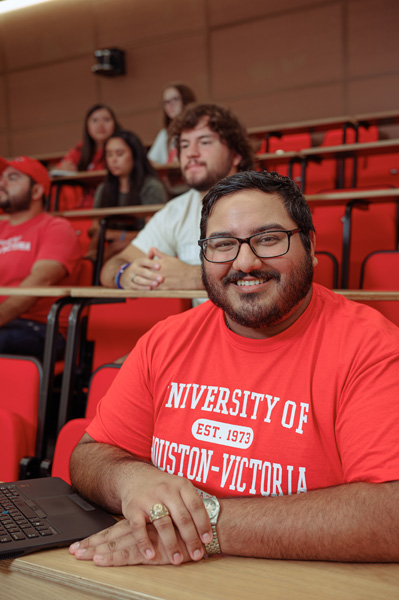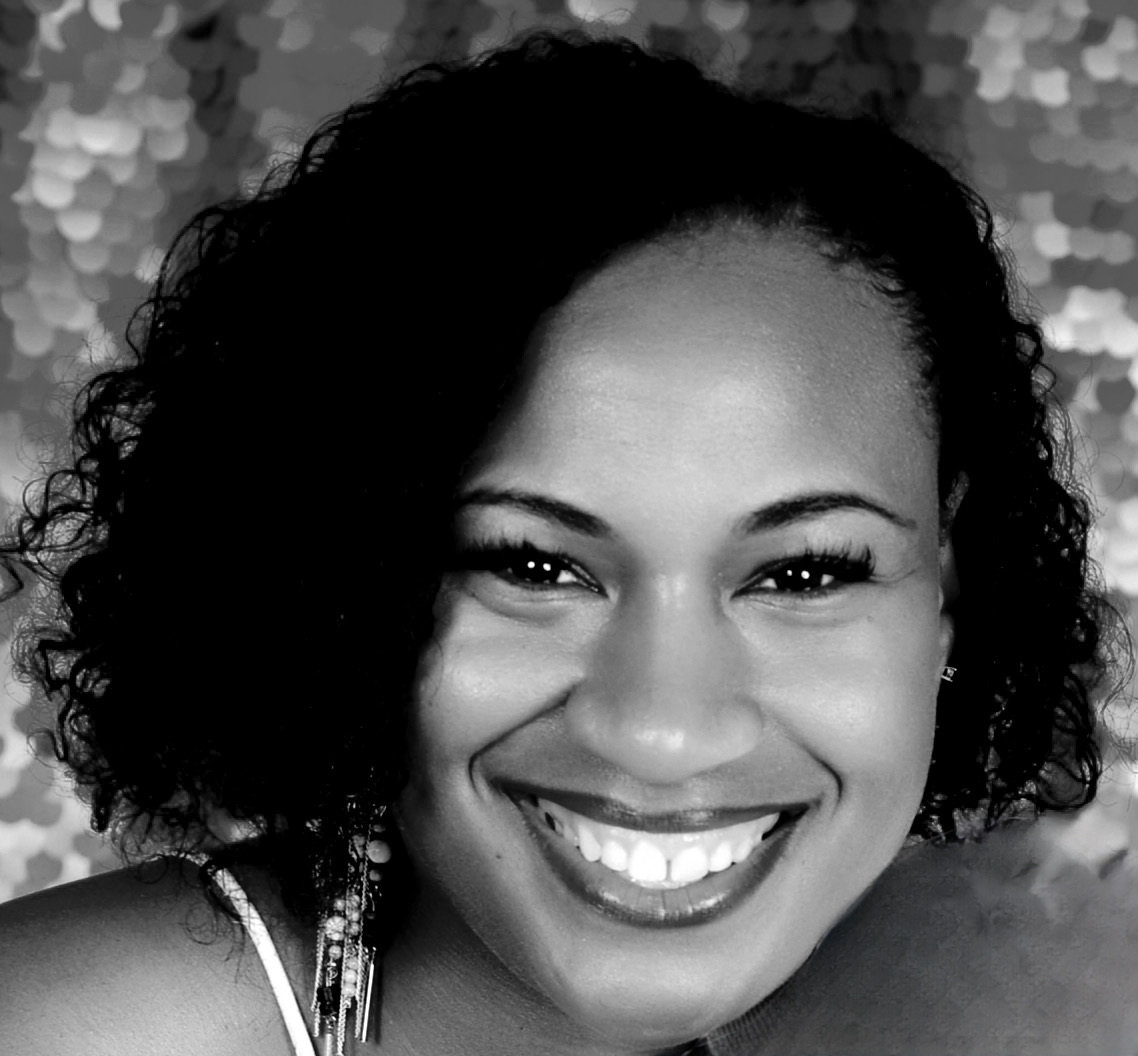
Clinical Mental Health Counseling Program
Admissions
The University of Houston - Victoria Professional Counseling Program continuously strives to provide the highest caliber of education in the field of counseling for our local and surrounding population.
The Clinical Mental Health Counseling plan of study prepares students for counseling positions in various community agencies such as mental health centers, private counseling agencies, drug abuse centers, centers for counseling the elderly, child protective services, family counseling centers, business and industry.

Degree Plan Requirements
Core Courses
42 semester hours:
- COUN 6318 Assessment in Counseling
- COUN 6321 Professional Orientation & Ethics
- COUN 6327 Theories of Counseling
- COUN 6333 Counseling Techniques
- COUN 6325 Career Education: Counselor Role
- COUN 6329 Group Counseling: Theory & Techniques
- COUN 6332 Counseling Across the Lifespan
- COUN 6345 Research & Program Evaluation
- COUN 6311 Multicultural Counseling
- COUN 6322 Abnormal Human Behavior
- COUN 6343 Advanced Psychopharmacology & Psychopathology
- COUN 6316 Addiction Counseling: Theory & Techniques
- COUN 6330 Advanced Counseling Ethics & Law
- COUN 6337 Crisis & Trauma Response
Field Placement Courses (9 Hrs.)
- COUN 6303 Practicum in Counseling
- COUN 6348 Internship I in Counseling
- COUN 6349 Internship II in Counseling
Required Specialty Courses (9 Hrs.)
- COUN 6350 Clinical Mental Health Counseling
- COUN 6317 Couples & Family Dynamics
- COUN Elective
Elective Choices for CMHC Degree
- COUN 6319 Death and Dying
- COUN 6326 Sexuality Counseling: Theory & Techniques
- COUN 6336 Counseling Children and Adolescents OR
- COUN 6338 Introduction to Play Therapy
Comprehensive Exam
The Professional Counseling Program at UHV requires that all master's level students pass a comprehensive examination. The Professional Counseling Program uses the Counselor Preparation Comprehensive Examination (CPCE), a national examination developed and provided through the Center for Credentialing and Education (CCE). Students are recommended to meet with their assigned faculty advisors early in the program to begin planning for taking the CPCE. Students are recommended to pass the exam before proceeding to COUN 6303 Practicum but are not required to. However, students are required to take the CPCE at least one semester before they graduate. All notifications regarding CPCE-related deadlines, changes in procedure, etc. will be sent via the Professional Counseling Orientation News and Events listserv. Students take the exam off-campus at a Pearson-VUE testing center. Upon registering for the exam, students will have to select a site/date/time of their choosing. Failure to meet deadlines listed for the semester may delay a student's progress in the program. The purpose of the exam is to assess student knowledge of counseling to ensure minimum competence before proceeding to Practicum. The CPCE will also provide collective feedback that can be used by the program in developing/adapting curriculum. Students must receive a favorable disposition (i.e., pass) on the comprehensive exam to be eligible to graduate. Students may retake their comprehensive examination the semester immediately following their first failed attempt. Students may take their comprehensive examination up to 2 times before being required to take an oral examination.
Licensed Professional Counselor (LPC) Requirements:
The LPC is a clinical license that demonstrates that a practitioner has sufficient knowledge, clinical practice, and supervision to work with individuals dealing with mental health issues in private practice and clinical settings. The LPC is regulated by the Texas State Board of Examiners of Professional Counselors (also referred to as the "LPC Board").
During the Professional Counseling Program, students must:
- Complete all courses on the CMHC track
- Complete all clinical courses
- Apply for and take the National Counselor Exam. (You can take the NCE after graduation, if you choose.) Review our Testing Handbook for more information about this exam.
After graduation, students have additional requirements to become an LPC.
These include:
- Find an LPC-Supervisor to meet with for a minimum of four hours per month to supervise post-graduate clinical hours for licensure.
- Identify a site to complete clinical hours.
- Apply for licensure with the LPC Board
- If you haven't already, apply for and take the National Counselor Examination (NCE). If you take the NCE after graduation, you will have to apply through the LPC Board, and NBCC, not UHV.
- Complete 3,000 post-graduate clinical hours under the supervision of an LPC-Supervisor. The clinical hours include:
- 1,500 direct counseling hours
- 1,500 indirect hours (e.g., supervision, case notes, training)
- Turn in all required completion documents to the LPC Board.


